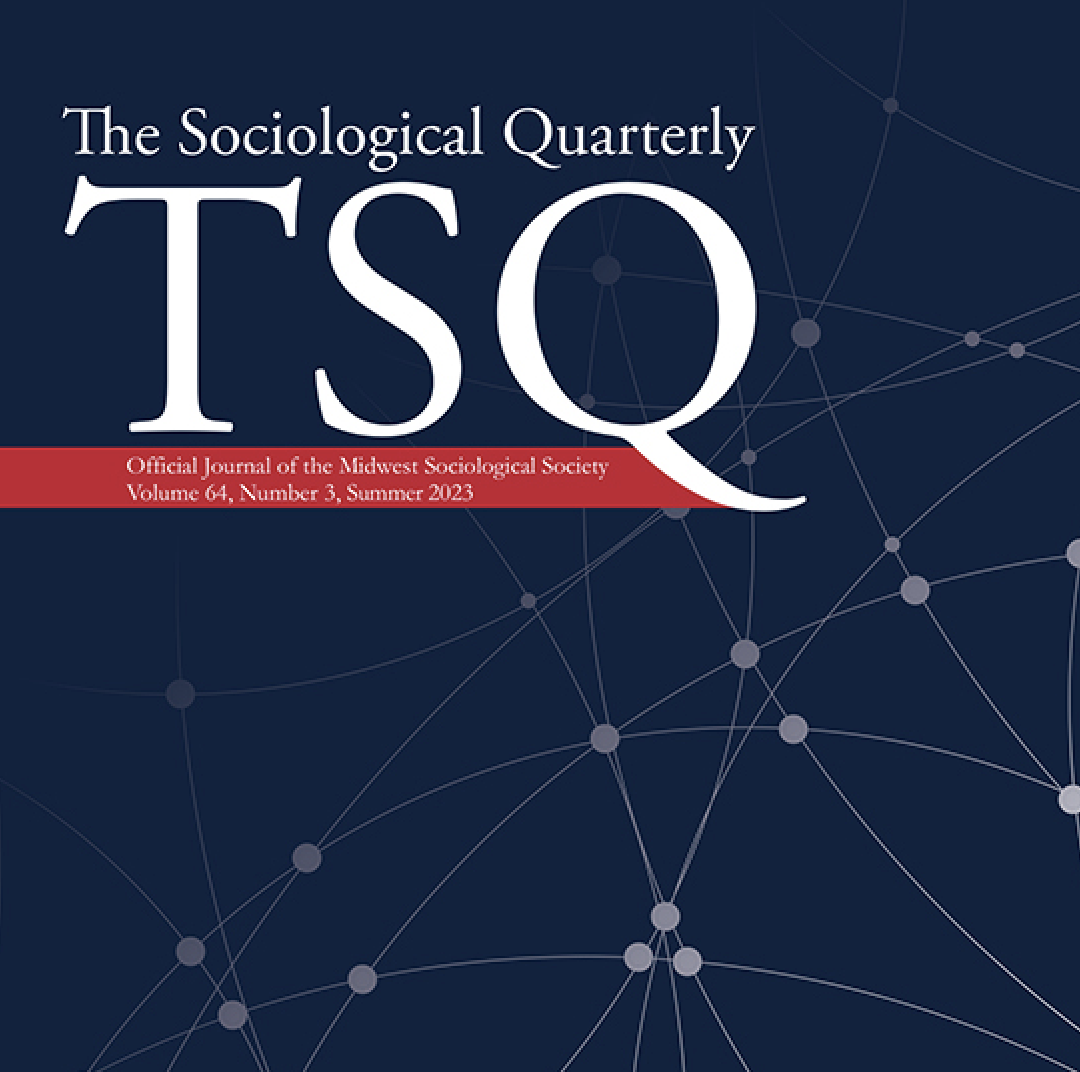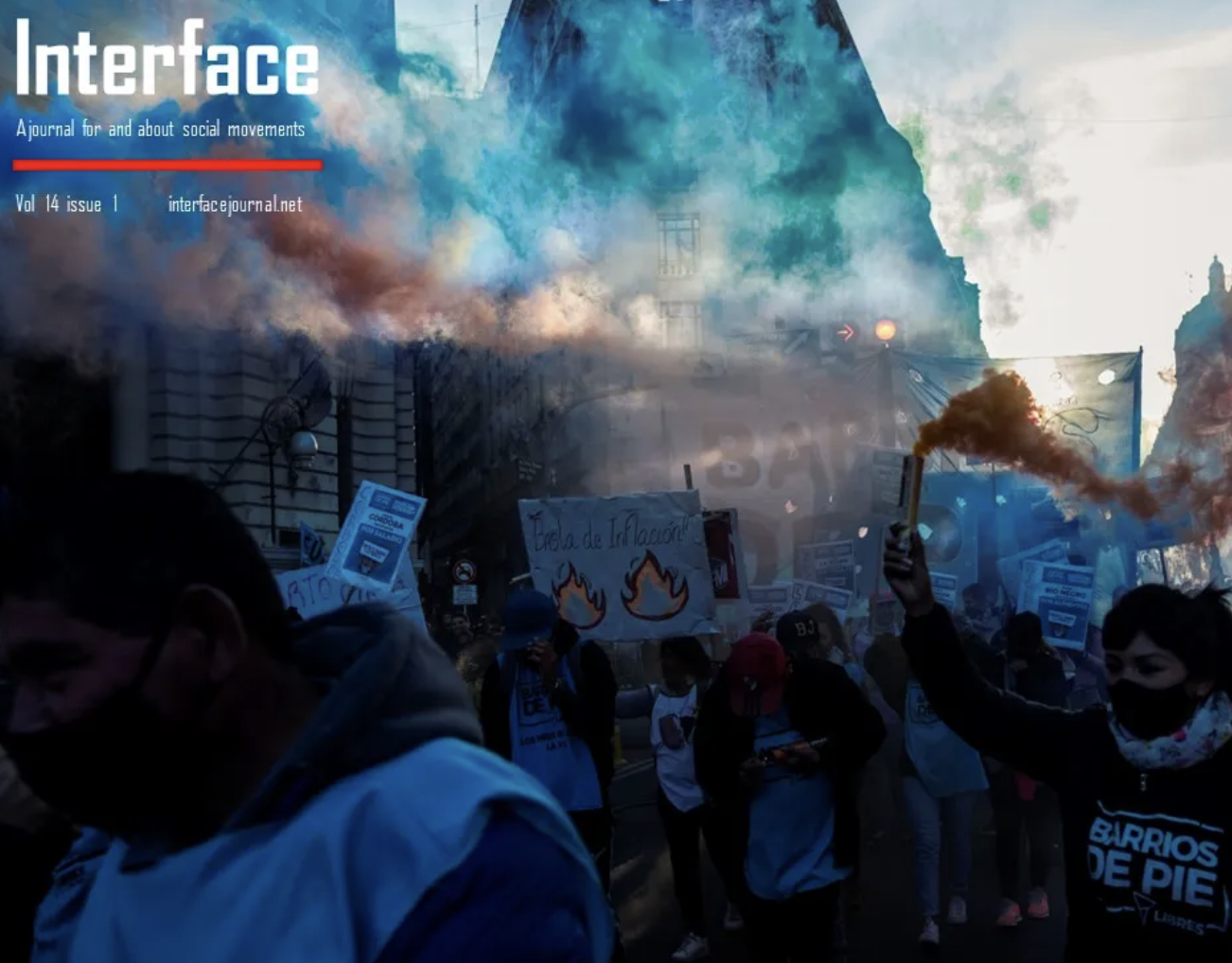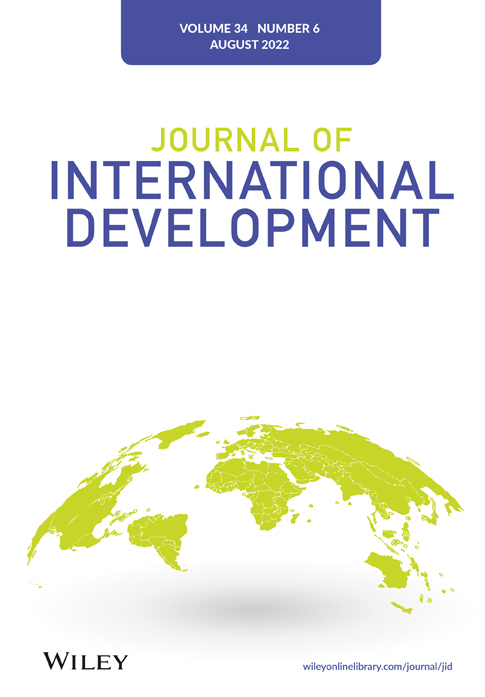The New Class and Right-Wing Populism: The Case of Wisconsin
Posted by Masoud Movahed on
August 5, 2023
Comments Off on The New Class and Right-Wing Populism: The Case of Wisconsin
Category: Public Sociology Writings, Publications
Abstract While previous scholarship highlights the importance of cross-class alliances between intellectuals and workers in past social-democratic and labor movements, the growth of right-wing populism may signal the breakdown of this political alignment today. We investigate the extent to which intellectuals and workers remain politically aligned through a case study of political developments in the state of Wisconsin, which pioneered social-democratic reforms in the US in the early twentieth century and then turned toward
The regional determinants of collective action in the era of American Resistance
Posted by Masoud Movahed on
August 3, 2023
Comments Off on The regional determinants of collective action in the era of American Resistance
Category: Public Sociology Writings, Publications
Abstract This study investigates the regional determinants of collective action in the era of “American Resistance.” Drawing on a new dataset from “Count Love”—a machine learning tool that collects data on protest events, timing, location, and number of attendees—we explore the regional determinants of collective action in the first three years following President Trump’s election. In particular, we investigate how socio-economic factors, political partisanship and demographic composition of states affect the rate of protest
The New Class and Right-Wing Populism: The Case of Wisconsin
Posted by Masoud Movahed on
July 25, 2023
Comments Off on The New Class and Right-Wing Populism: The Case of Wisconsin
Category: Publications
While previous scholarship highlights the importance of cross-class alliances between intellectuals and workers in past social-democratic and labor movements, the growth of right-wing populism may signal the breakdown of this political alignment today. We investigate the extent to which intellectuals and workers remain politically aligned through a case study of political developments in the state of Wisconsin, which pioneered social-democratic reforms in the US in the early twentieth century and then turned toward right-wing populism
Mobilizing Equal Employment Rights: The Social and Political Determinants of Discrimination Complaints (2009–2018) in Sociological Quarterly
Posted by Masoud Movahed on
July 10, 2023
Comments Off on Mobilizing Equal Employment Rights: The Social and Political Determinants of Discrimination Complaints (2009–2018) in Sociological Quarterly
Category: Public Sociology Writings, Publications
ABSTRACT This article explores the regional and national determinants of workplace discrimination complaints across the US states from 2009–2018. Drawing on the EEOC charge data supplemented with a number of additional data sources, the authors examine the extent to which socioeconomic, demographic, and political environments explain variation in the rate of total, race, and sex-based employment discrimination charges. Building on the neoinstitutional and power resource theories, the authors examine the role of social-structural factors as
Industrializing an Oil-Based Economy: Evidence from Iran’s Auto Industry ,Journal of International Development, June 2020,
Posted by Masoud Movahed on
July 7, 2023
Comments Off on Industrializing an Oil-Based Economy: Evidence from Iran’s Auto Industry ,Journal of International Development, June 2020,
Category: Public Sociology Writings, Publications
Two theoretical paradigms namely, the ‘resource curse’ and ‘developmental state’ would predict that industrial development in countries with abundance of capital-intensive natural resources and in states with patrimonial tendencies is doomed to failure. Iran’s success in developing a dynamic auto industry, which in 2011 became the world’s 12th largest automobile manufacturer with 1.6 million vehicles produced per year seems to contradict these perspectives. How was this technical capacity created in an oil-based economy—which provides little



